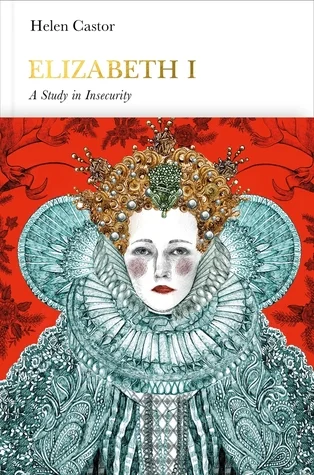O'Connor, Waugh, and Lewis on religion, comfort, and doubt
/Flannery O’Connor on the suffering “caused by the doubts of those who want to believe,” from an otherwise undated 1959 letter collected in The Habit of Being:
“What people don’t realize is how much religion costs. They think faith is a big electric blanket, when of course it is the cross.”
Powerful stuff, especially when you consider the severe physical suffering O’Connor lived through due to her lupus. The first two complete paragraphs of the letter:
I think there is no suffering greater than what is caused by the doubts of those who want to believe. I know what torment this is, but I can only see it, in myself anyway, as the process by which faith is deepened. A faith that just accepts is a child’s faith and all right for children, but eventually you have to grow religiously as every other way, though some never do.
What people don’t realize is how much religion costs. They think faith is a big electric blanket, when of course it is the cross. It is much harder to believe than not to believe. If you feel you can’t believe, you must at least do this: keep an open mind. Keep it open toward faith, keep wanting it, keep asking for it, and leave the rest to God.
There’s a lot we could unpack here—cheap grace, doubt, growth, the dark night of the soul, the leap of faith, and more. But I’m particularly interested in O’Connor’s rejection of religion as a comfort. It’s a cross, not a blanket, and belief is work.
This brought to mind a passage from the famously prickly interview Evelyn Waugh gave to the BBC’s rather hostile interviewer on “Face to Face” in 1960. When questioned about his religious beliefs—especially his conversion to Catholicism—and what “the greatest gift in terms of tranquility or peace of mind or whatever” he had found in them, Waugh responded:
“[Religion] isn’t a sort of lucky dip that you get something out of.”
Well, it isn’t a sort of lucky dip that you get something out of, you know. It’s hard without using pietistic language to explain, but it’s simply admitting the existence of God or dependence on God, your contact with God, the fact that everything in the world that’s good depends on Him. It isn’t a sort of added amenity of the Welfare State that you say, “Well, to all this, having made a good income, now I’ll have a little icing on top of religion.” It’s the essence of the whole thing.
Religion isn’t there for you to get something out of. That’s the Oprah model. It’s not about comfort or ease of mind, but about meaning. True religion is fundamental to our whole existence as dependents, prior to and above us, which is why, traditionally, seekers have come not as consumers looking for affirmation or a good fit but as supplicants looking for grace.
And, because I can’t keep him out of this blog for very long, here’s CS Lewis on a similar note:
In religion, as in war and everything else, comfort is the one thing you cannot get by looking for it. If you look for truth, you may find comfort in the end: if you look for comfort you will not get either comfort or truth—only soft soap and wishful thinking to begin with and, in the end, despair.
As Lewis—who, as a veteran of the Western Front, knew what he was talking about—writes here, there is comfort to be had in faith generally and Christianity specifically, sure, but that’s not the point, and making it the point will lead us immediately astray. The comfort-obsessed soldier who meets constant disappointment was already a cliche in his day. No wonder then that in the United States, where religion has been commodified and turned into an interchangeable accessory, where affirmation is the point and the demand is for fewer demands, people are falling away. A faith with ease at its center is self-satisfied faith, and won’t even withstand discomfort, much less trial, tragedy, and despair. And this is to say nothing of those who come to religion because they already suffer and doubt.
Christians in particular are called to not to rest, tranquility, wellness, or, in the words of Waugh’s interviewer, “whatever,” but to suffer. Face that boldly and embrace it. After all, Jesus’s command was to “take up your cross and follow me,” and, lest we forget, the cross was an instrument of torture.












